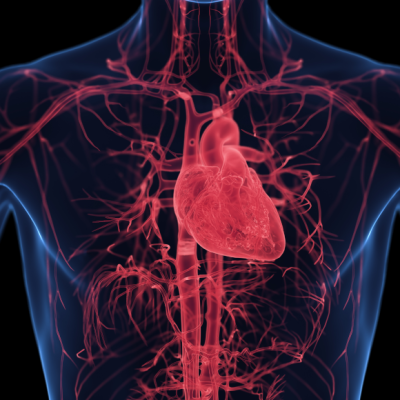Raw frozen dog food often contains multi-resistant bacteria that can also infect humans, according to a study by researchers at the University of Porto. The scientists examined 55 samples from 25 popular dog food brands for resistant bacteria. Of the 55 samples, 14 were raw frozen food made from salmon, goose, turkey, beef, lamb, and other meats, as well as vegetables. According to their publication in the International Journal of Food Microbiology, all frozen food samples contained antibiotic-resistant enterococci. These are spherical bacteria that belong to the normal intestinal flora of numerous mammals, including humans, but can also cause severe urinary tract infections when they occur outside the intestinal area. In many frozen food samples, bacteria were also found that had developed resistance to the antibiotic linezolid. This is the active ingredient used in enterococci when all other antibiotics have failed in treatment.
The researchers warn that the trend of feeding dogs raw food could promote the spread of resistant bacteria. Therefore, the European authorities should develop a stronger awareness of the health risks associated with raw dog food, according to the study authors. To minimize the risk of infection, the researchers recommend washing hands thoroughly with soap after feeding dogs or collecting dog feces. In addition, a study presented at the European Congress of Clinical Microbiology & Infectious Diseases shows that the transmission of multi-resistant germs between dogs and their owners is generally possible. As part of the study, researchers at the University of Lisbon examined 126 people and their 102 dogs for bacteria resistant to the antibiotic colistin. This is a reserve antibiotic that is only used for treatment when other antibiotics have failed. The scientists discovered the bacterium in four people and their dogs. A genetic analysis showed that the pathogens were identical in humans and dogs. Therefore, although it cannot be proven whether the human or the dog was infected first, it is likely that the pathogens were transmitted from the animal to the human. Cats, which were also examined in the study, were not affected.
In conclusion, the study highlights the potential health risks associated with feeding dogs raw food and the transmission of multi-resistant germs between dogs and their owners. The researchers recommend that the European authorities develop a stronger awareness of these risks and that dog owners take appropriate measures to minimize the risk of infection.










